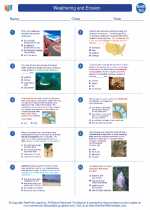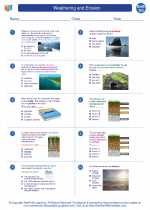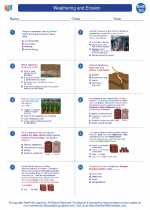Heterotrophic
Heterotrophic organisms are those that cannot produce their own food and must obtain organic compounds and nutrients from other organisms. They are dependent on other living organisms for their energy and carbon sources. Heterotrophs are a crucial part of the food chain and play a significant role in the ecosystem.
Types of Heterotrophs
There are various types of heterotrophic organisms, including:
- Herbivores: These organisms feed on plants and plant materials as their primary food source.
- Carnivores: Carnivores are organisms that primarily feed on other animals.
- Omnivores: Omnivores have a diet that includes both plants and animals.
- Detritivores: Detritivores feed on decaying organic matter, such as dead plants and animals.
- Parasites: Parasites live on or inside other organisms and obtain nutrients at the expense of their host.
Examples of Heterotrophic Organisms
There are numerous examples of heterotrophic organisms across different ecosystems, including:
- Humans: as omnivores, humans consume both plant and animal-based foods for energy and nutrients.
- Lions: as carnivores, lions primarily feed on other animals for their sustenance.
- Earthworms: as detritivores, earthworms consume decaying organic matter in the soil.
- Tapeworms: as parasites, tapeworms live inside the intestines of their host organism and absorb nutrients from the host's food.
Role in Ecosystem
Heterotrophs play a crucial role in the ecosystem by participating in the food chain and nutrient cycling. They help to decompose organic matter, recycle nutrients, and maintain the balance of energy flow within the ecosystem. Additionally, heterotrophs serve as a food source for other organisms, contributing to the biodiversity and stability of the ecosystem.
Study Guide
When studying the concept of heterotrophic organisms, consider the following key points:
- Define heterotrophic and its significance in the context of ecological systems.
- Identify and differentiate between the various types of heterotrophs, including herbivores, carnivores, omnivores, detritivores, and parasites.
- Examine examples of heterotrophic organisms and their roles within specific ecosystems.
- Analyze the interdependence of heterotrophs and autotrophs within food chains and food webs.
- Discuss the ecological importance of heterotrophs in nutrient cycling and energy transfer.
Understanding the role of heterotrophic organisms is fundamental to comprehending the complexity and dynamics of ecological systems.
.◂Earth Science Worksheets and Study Guides High School. Weathering and Erosion

 Worksheet/Answer key
Worksheet/Answer key
 Worksheet/Answer key
Worksheet/Answer key
 Vocabulary/Answer key
Vocabulary/Answer key
 Vocabulary/Answer key
Vocabulary/Answer key
 Vocabulary/Answer key
Vocabulary/Answer key
